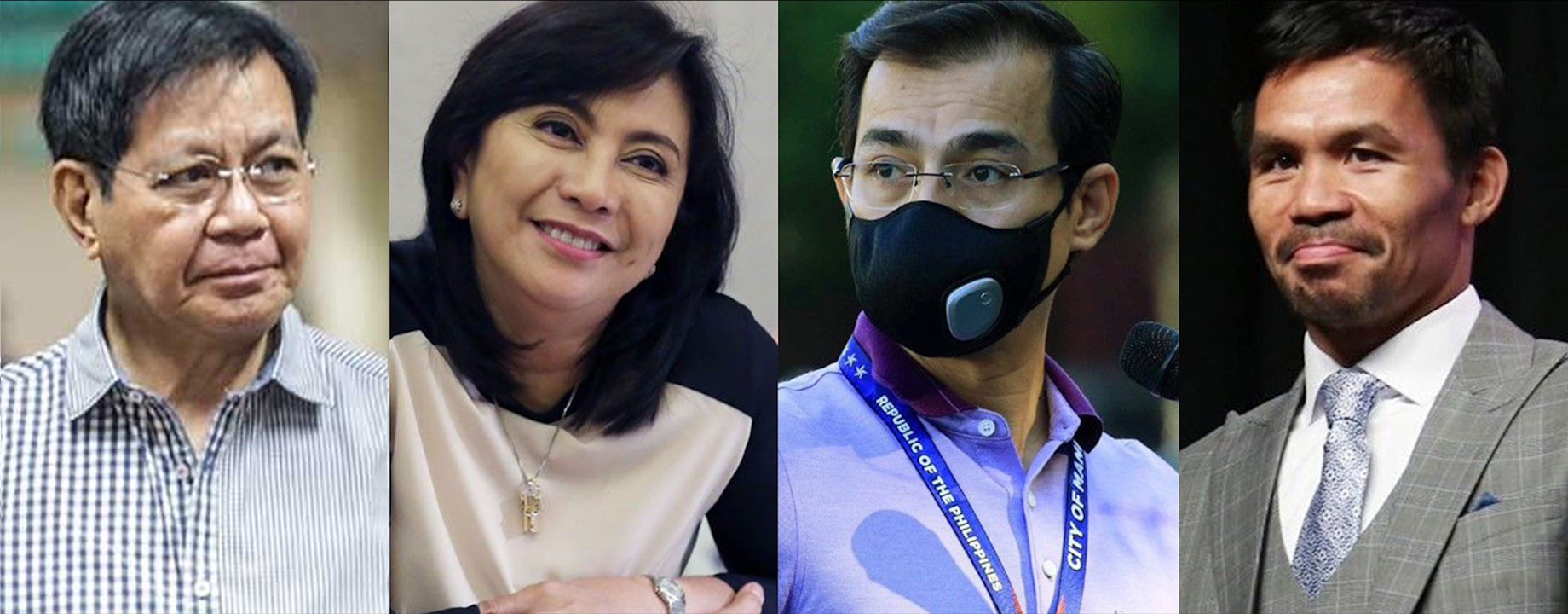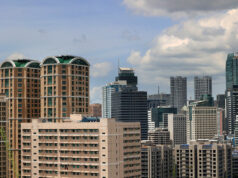Undecided voters could be swayed by debates — analysts

By John Victor D. Ordoñez and Jaspearl Emerald G. Tan
PRESIDENTIAL candidates should join debates and forums where they can make a stand on issues and influence undecided voters for this year’s elections, political analysts said at the weekend.
“It may be less about substance and more about demeanor,” Herman S. Kraft, an associate professor who heads the University of the Philippines (UP) Political Science department, said in a Viber message. “Regardless, voters seeking answers can get some inputs from these debates.”
He said candidates rarely give concrete plans at these events, but their confidence could rub off on voters the right way.
At least two presidential interviews and forums where candidates squared off have been aired, both of which former Senator Ferdinand “Bongbong” R. Marcos, Jr. did not attend. He alleged bias of the journalist in the first and a conflict of schedule in the second.
“Forums and debates are the real litmus test to know the candidates well, their passion, conviction and dedication to public service,” Marlon M. Villarin, a political science professor from the University of Santo Tomas, said in a Viber message.
But forums and debates are not the be-all and end-all of winning voters, said Gerard V. Eusebio, a political science professor at De La Salle University.
“These fora are not too crucial because the majority of voters, the lower classes, do not watch these,” he said in a Facebook Messenger chat. “But it is better than nothing.”
The Commission on Elections (Comelec) is holding its own presidential debates between February and April.
Mr. Villarin said the Comelec presidential debates would be more engaging because they will be face-to-face.
“It’s very important for these debates to be face-to-face because the body language and mannerisms of candidates could be deciphered more and their true characters will be revealed,” he said.
Comelec spokesman James B. Jimenez last week said that if a candidate fails to make it, their designated podium will be kept to highlight the absence. “We will really make a big deal of it if a candidate does not attend,” he told reporters.
The campaign period for national positions starts on Tuesday and will run until May 7, two days before the elections.
Meanwhile bills that seek to prohibit political dynasties are bound to fail because many congressmen belong to these powerful families, political analysts said.
“It would affect most members, particularly the House of Representatives,”Mr. Kraft said in another Viber message.
Hansley A. Juliano, a political analyst from the Ateneo de Manila University, said the country had been ruled by clans even before it claimed independence.
“Recent attempts at anti-dynasty bills are doomed to fail,” he said in a Messenger chat, adding that ousting one dynasty results in new ones.
“Even making a distinction between fat dynasties and thin dynasties might be difficult to implement: after all, once power and wealth gravitate, it’s difficult to either let go or disperse,” he added.
Only a strong president could ensure the passage of a law against political dynasties, said Antonio Gabriel M. La Viña, dean of the Ateneo School of Government.
“There are many members — perhaps a majority of them — of Congress who come from dynasties,” he said in a Viber message. “They have obstructed any progress on this.”
“Only a strong president could get this done but the last four — Joseph E. Estrada, Gloria Macapagal Arroyo, Benigno S.C. Aquino III and Rodrigo R. Duterte — also belonged to dynasties,” he added.
Mr. Juliano said people should not vote for candidates from dynasties. “By voting for new candidates with zero or limited ties to political families, you legislate anti-nepotism and anti-dynasty laws.”
The government must guarantee equal access to opportunities for public service and prohibit political dynasties “as may be defined by law,” according to the 1987 Constitution.
Various bills against political dynasies were filed in both Houses of Congress in the past, but these never progressed.



